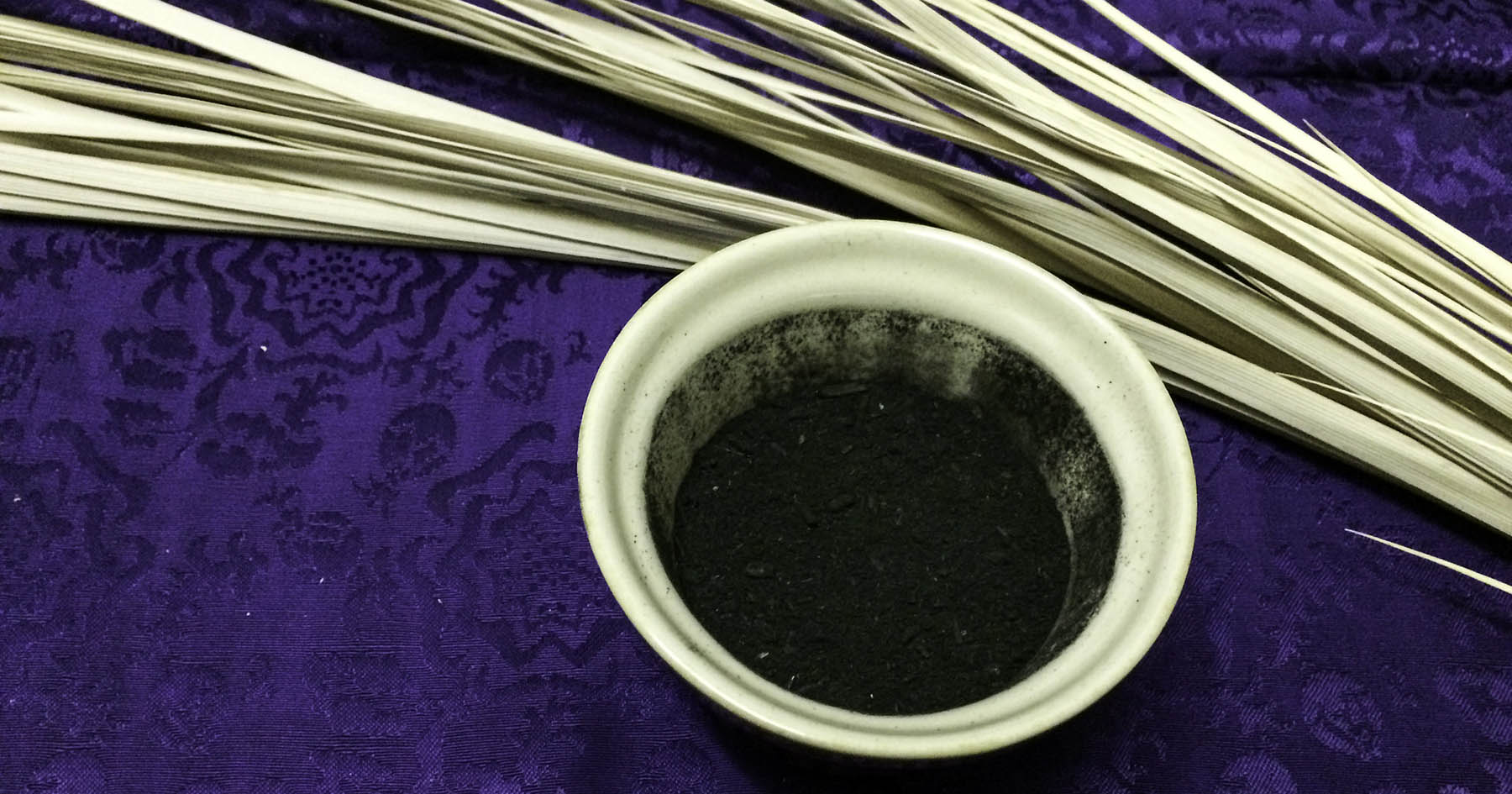Those in our diocese taking part in the lay leadership in worship course have read Joan Chittister’s The Liturgical Year: The Spiraling Adventure of the Spiritual Life. This is an excellent book I come back to often. Every time we enter a new season of the liturgical year, it nudges me toward the fullness and the mystery of the season.
In February, we will once again enter into the mystery and fullness of Lent. Chittister writes about Ash Wednesday saying:
“Ash Wednesday, an echo of the Hebrew Testament’s ancient call to sackcloth and ashes, is a continuing cry across the centuries that life is transient, that change is urgent. We don’t have enough time to waste on nothingness. We need to repent our dillydallying on the road to God. We need to regret the time we’ve spent playing with dangerous distractions and empty diversions along the way. We need to repent of our senseless excesses and our excursions into sin, our breaches of justice, our failures of honesty, our estrangement from God, our savouring of excess, our absorbing self-gratifications, our infantile addiction, one creature craving another. We need to get back in touch with our souls.”
What I find helpful about this is that while the emphasis is noticeably on the need for repentance, Chittister also makes it clear that it is not an end in and of itself. God’s desire for us to turn away from our wasteful and sinful habits is not because God is preoccupied with sin or takes any pleasure in us feeling guilty. Rather, God knows how much time we are wasting and how much more life-giving the path to salvation can be and is.
Jesus came into being that we might have life and have it abundantly (John 10:10). During Lent, we recommit to that abundant life, first by reminding ourselves of our own mortality, and second, by walking away from those things that keep us from the fulfilling existence that Jesus promises.
The liturgy of penitence in the Ash Wednesday service in the Book of Alternative Services helps us do this. We confess to God “the pride, hypocrisy, and impatience of our lives.” We also admit to not only those things which we have done — “our self-indulgent appetites and ways, our exploitation of other people” — but even more importantly, the good and life-giving things we have not done. Also, we come clean how we have not loved God with our whole heart, mind and strength. We acknowledge how we have not loved our neighbours as ourselves, and how we have been indifferent to injustice and cruelty, and how we have been negligent in prayer and worship. We confess these things in order that we can begin to, in Chittister’s words, get back in touch with our souls, to that which is good, life-giving and holy.
The abundant life that God promises, that God incarnates, that God is, is real. But in order to live into it there are things we must let go of. There are practices we must embody. This Lent I invite you to join in repenting “our dillydallying on the way to God.” Life is short, beautiful and precious. Much is wrong with the world as there is much right with it. We cannot just sit idly by.
As C.S. Lewis put it so succinctly, “you are living your life as if you were trying to survive it.” This Lent let us do more, individually and collectively, than worry about our survival. Let us instead dare to enter into the abundant life that God is always and everywhere inviting us into.




